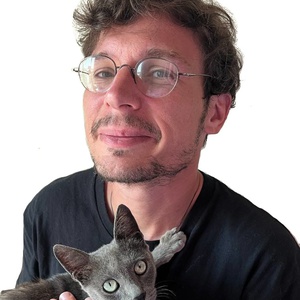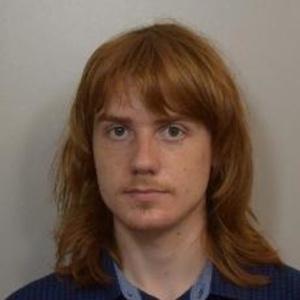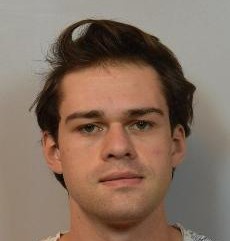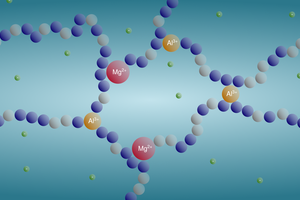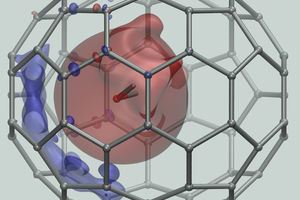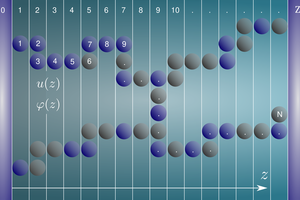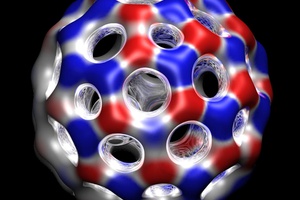Soft Matter Theory Group
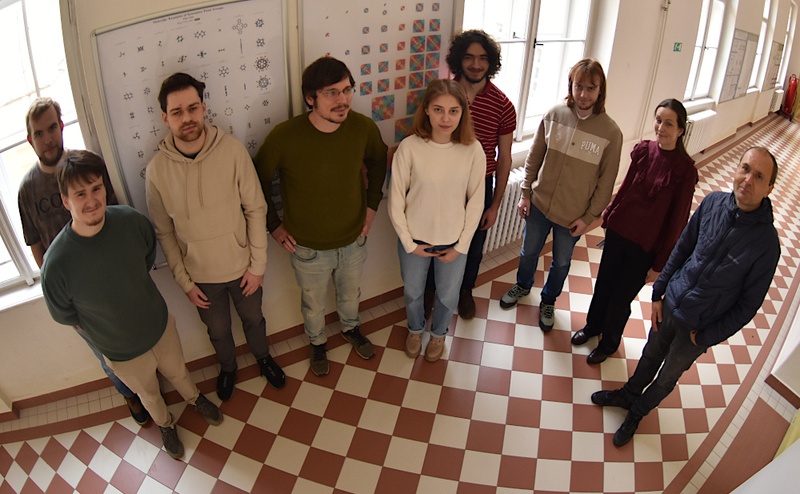
The Soft Matter Theory Group, headed by professor Filip Uhlík, is a part of the Department of Physical and Macromolecular Chemistry of the Charles University in Prague. Our interdisciplinary research very much sits at the interface between physics and chemistry of macromolecules and biomacromolecules. It includes study of solutions of both synthetic and biological macromolecules; their thermodynamic and kinetic properties, such as self assembly, aggregation, diffusion, etc.
If you are interested in joining our group, as a graduate or undergraduate student, or as a postdoctoral fellow, please see the student topics section.
- Boltzmann Inversion
- Molecular Dynamics
- Monte-Carlo Methods
- AI and Machine Learning in Chemistry
- Quantum Chemistry
- Mean Field Modelling
- AI for Quantum computers simulation
- AI learned potentials for coarse grained protein models
- Hydrogel electrolyte batteries simulation
- Nanoparticle diffusion in crowded media
- Polyelectrolyte coacervation
- Self healing (physical) hydrogels






